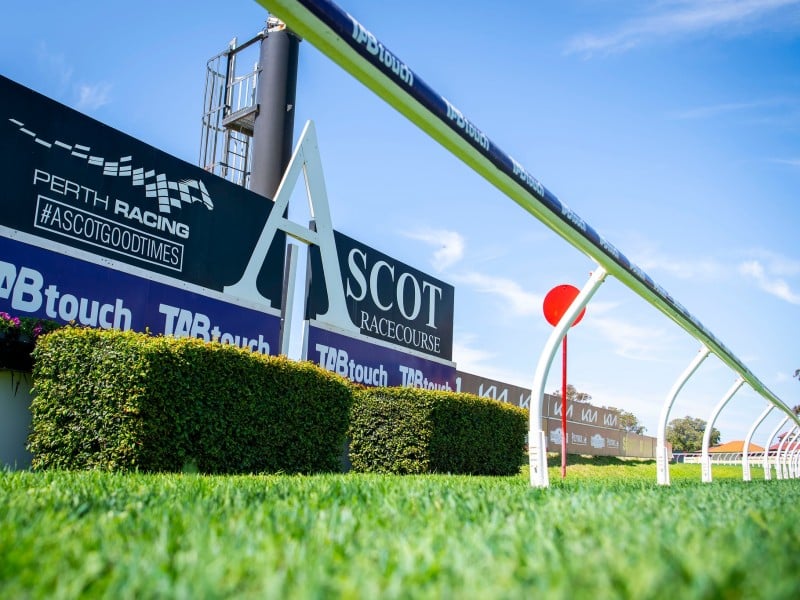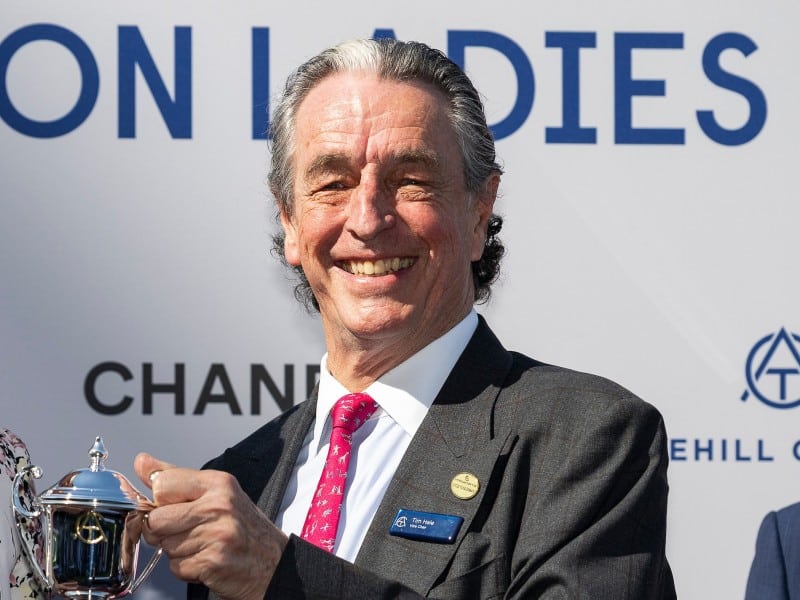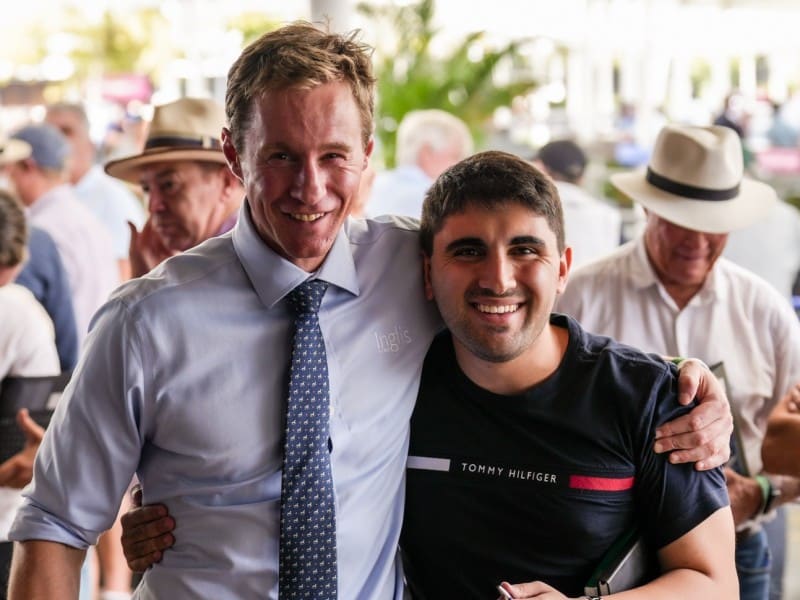‘Significant doubts about its ability to survive’ – Cooke turns blowtorch on ATC’s financial future
Racing NSW holds grave concerns about the Australian Turf Club’s ability to remain solvent and says it has stepped in “to protect the interests” of the state’s thoroughbred industry after issuing a show cause notice that could force Sydney’s race club into administration.

In a withering statement issued by Racing NSW chair Dr Saranne Cooke late on Monday, the regulator also accused ATC directors of breaching their own code of conduct and claiming that the club has been financially bailed out multiple times over the past decade.
Dr Cooke, who holds a PhD in corporate governance, also revealed that the ATC had $21 million in cash reserves, less than what is required to meet its future financial obligations.
Racing NSW issued a show cause notice to the ATC on Friday soon after meeting with chair Tim Hale and his deputy Caroline Searcy.
Dr Cooke said there had been “much misinformation relating to the ATC” and said the ATC received $164.7 million in funding from Racing NSW in 2025, up from $31 million it distributed a decade earlier.
“On top of all of the additional funding provided by Racing NSW for prize money increases, the ATC also receives $38 million per annum to use towards funding its operations. This funding has increased by 35 per cent since 2015,” Dr Cooke wrote.
The ATC has a fortnight to respond and if the show cause notice and if the hearing goes against them then Racing NSW could dismiss the board and appoint an administrator to oversee the club.
The ATC last week sacked its chief executive Matt Galanos with Steve McMahon appointed interim CEO.
Ben Bayot and Natalie Hewson, the latter a government-appointed independent director, resigned on Thursday.

Former chair Peter McGauran, who pushed strongly for the sale of Rosehill to the state government for at least $5 billion, quit the board in July after more than 18 months of bitter disagreement about selling off the inner west racecourse.
ATC members in May voted down the proposal 56 to 44 per cent after the vote was deferred and an NSW Upper House inquiry was held into the unsolicited sale proposal.
An outcome of the parliamentary inquiry was the promise of a review of the Thoroughbred Racing Act to be undertaken, with the state government appointing former Liberal Health Minister Brad Hazzard to oversee the review. It will start next month.
In her extensive letter to participants, Cooke rebuffed critics of the current structure of racing in the state, refuting claims that clubs were being bled dry due to the decline in totaliser revenue and Racing NSW collecting revenue from corporate bookmakers whose market share has exploded over the past decade.
“A frequent claim is that ATC should simply receive all wagering revenue generated by betting from all wagering operators on all its races. Based on this claim, the ATC would receive $80.1 million,” Dr Cooke wrote.
“The actual money it receives from Racing NSW from wagering highlights why this argument is absurd given that in 2025, the ATC actually received $233.1 million in total funding from wagering revenues (TAB distribution + Racing NSW contributions).
“That’s $153 million more than ATC generated itself. It also received an additional $42 million per annum from agreements negotiated by Racing NSW with TAB, Sky Channel and Channel 7.”
The ATC has a $30 million loan with the Commonwealth Bank due next October, with Racing NSW’s industry bulletin also revealing the club had another $5 million overdraft facility.
It also said ATC’s cash reserves had declined almost 60 per cent over the past 10 years to $21 million.
McGauran led an executive overhaul in 2023, with the axing of Jamie Barkley and replacing him with Galanos as ATC CEO, but Racing NSW’s concerns about its cost structure remains, Dr Cooke said.
Staffing costs were $60.2 million for the ATC in 2025, up from $36.6 million in 2015.
Dr Cooke also said last week’s resignations of Bayo and Hewson, following on from McGauran’s decision to walk in July, raised questions about the ATC’s corporate governance.

She also claimed Racing NSW had evidence of breaches of the ATC’s code of conduct and that the regulator had written to directors about those concerns “which have not been adequately addressed”.
“(The) ATC is losing financial resilience. Rising costs, falling reserves, and heavy borrowing have created significant doubts about its ability to survive without ongoing bailouts.” Dr Cooke continued.
Racing NSW has previously put an administrator in charge of clubs at Tamworth, Wyong and Hawkesbury, the latter of which remains in the hands of an administrator while James Heddo is its current chief executive.
ATC chair Hale was contacted for comment but he had not responded at the time of publication.






